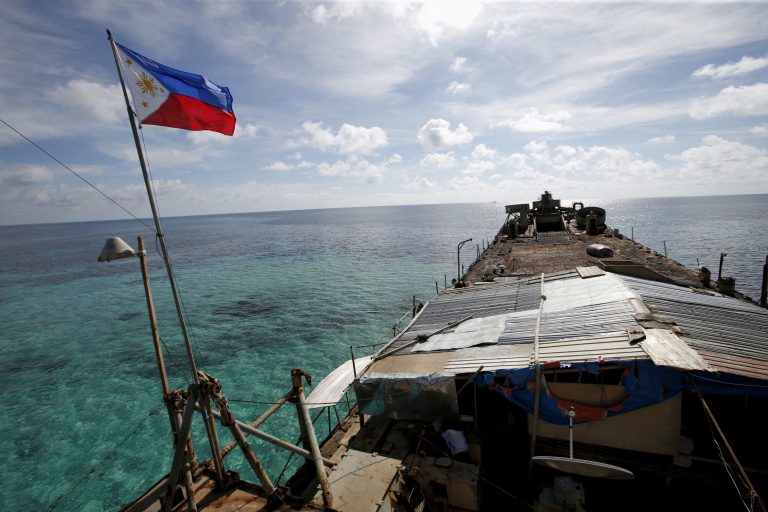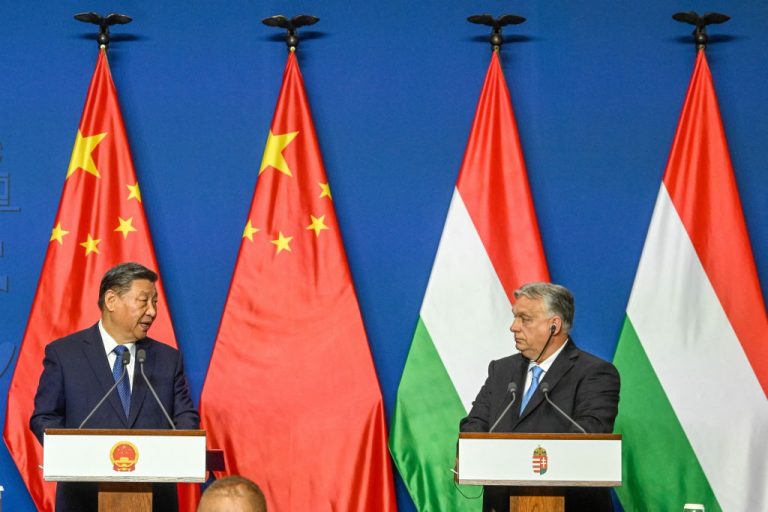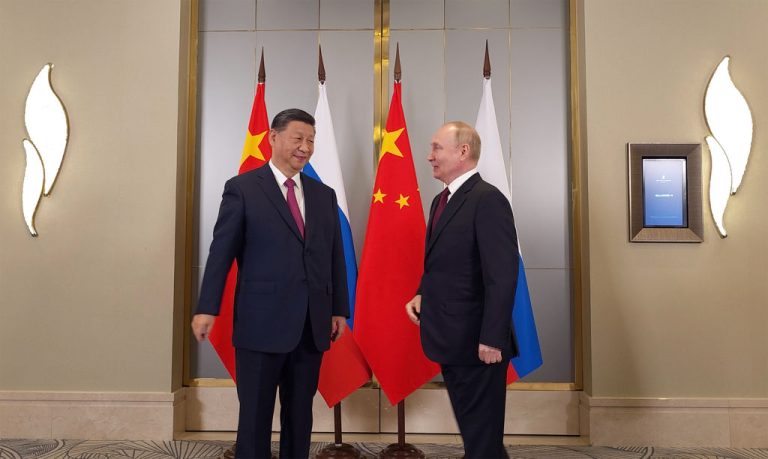Almost a year after revelations that Communist China has been running intelligence facilities in Cuba, satellite footage examined by a Washington, D.C.-based think tank suggests that Beijing is ramping up its capability to eavesdrop on American military and space movements.
Cuba has been building a new radar site east of the city Santiago de Cuba, located near the U.S.-leased Guantanamo Bay military base, according to the Center for Strategic and International Studies (CSIS) in a report released Tuesday, July 2.
Construction began in 2021, but was not publicly reported.
Last June, the Biden administration denied, then confirmed reports by the Wall Street Journal that Cuba, which like China is also run by a communist government, has been hosting Chinese electronic listening posts for years.
According to the Journal, China paid Cuba several billion dollars for rights to construct and use spy bases locally.
Success
You are now signed up for our newsletter
Success
Check your email to complete sign up
Both Beijing and Havana denied the allegations that they are working to spy on the U.S from Cuba, which is located about 100 miles from Florida.
Cuba’s vice foreign minister said that the Wall Street Journal’s reporting amounted to an “intimidation campaign” against his country and China.
“The U.S. should immediately stop its malicious smearing of China,” Liu Pengyu, spokesman for Beijing’s foreign ministry, said in an emailed response to Voice of America (VOA). He added, “The U.S. is no doubt the leading power in terms of eavesdropping and does not even spare its Allies [sic].”
Rep. Carlos Gimenez, a Republican from Florida who represents the district closest to Cuba, told Fox News on July 3 that the developments in Cuba are indicative of “the growing influence of China and Russia in our hemisphere.”
He chastised the incumbent Biden administration for tolerating the Chinese spy operations in Cuba and called for non-violence regime change there.
Upgrades and expansions
“Without access to classified materials, pinpointing the specific targets of these assets is nearly impossible,” the CSIS report said. “Nonetheless, the growth of space-monitoring equipment at sites like Bejucal and Calabazar [near Havana] is notable given that Cuba lacks its own satellites or space program.”
Last year, Biden administration officials said Beijing has been spying from Cuba for years and made a push to upgrade its intelligence collection capabilities there beginning in 2019, allegations that both Beijing and Havana have denied.
Cuba’s proximity to the U.S. and its southern military bases makes it a good location for China, Washington’s top strategic rival, to seek to collect signals intelligence. CSIS called the new site a “powerful tool” that once operational will be able to monitor air and maritime activity of the U.S. military.
The facility, known as a circularly disposed antenna array with a diameter of approximately 130 to 200 meters, could be able to track signals as far as 3,000-8,000 nautical miles (3,452 – 9,206 miles) away, CSIS said.
“Access to such an outpost would provide China with a highly strategic vantage point near Naval Station Guantanamo Bay,” it said.
CSIS also said satellite images from March 2024 show Cuba’s largest active signals intelligence site at Bejucal, located in the hills near Havana and linked to suspected Chinese intelligence activity for years, has undergone “major updates” in the past decade, calling it a “clear indication of an evolving mission set.”
“Collecting data on activities like military exercises, missile tests, rocket launches, and submarine maneuvers would allow China to develop a more sophisticated picture of U.S. military practices,” CSIS said.
It said certain radar systems installed in Cuba in recent years are in range to monitor rocket launches from Cape Canaveral and NASA’s Kennedy Space Center, a likely interest for China as it seeks to catch up to U.S. space launch technology.
Reuters contributed to this report.







